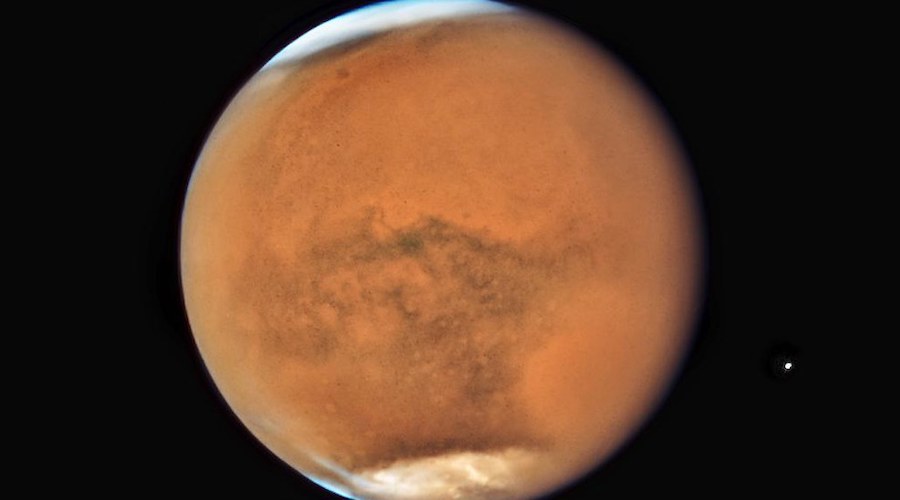
According to the group, this oxygen production mechanism has already been demonstrated on the red planet by the Perseverance rover through the MOXIE (Mars Oxygen In-Situ Resource Utilization Experiment) project.
Given the MOXIE’s positive results, the Australian team’s metal extraction process is intended to be coupled with a future oxygen generator plant to co-produce an oxygen and iron alloy, which can be used to create metals. In their view, this can be later employed to further human missions and development on Mars.
“We would like to develop a metal extraction process on Mars that is truly utilizing in-situ resources —without bringing reactants from earth,” lead researcher Akbar Rhamdhani said in a media statement. “If you wanted to build something large on Mars without having to pay to launch everything from earth — think large satellites, Mars colonies, refuelling depots and more —, this could be a very valuable process.”
To take the research to the next stage, Rhamdhani and his colleagues have started working closely with the minerals and space technology divisions of Australia’s science agency, CSIRO.
“Australia is committed to supporting NASA’s Return to the moon and going beyond to Mars in Project Artemis, and they will require the use of the resources of the moon and Mars to make that feasible,” Swinburne director of the Space Technology and Industry Institute, Alan Duffy, said. “We are using Swinburne’s expertise and industry partnerships in resource extraction and processing to help make NASA’s vision of astronauts walking on the red planet that little bit easier. This work is one small step for metal processing, that can make a giant leap for humanity building off-world.”




